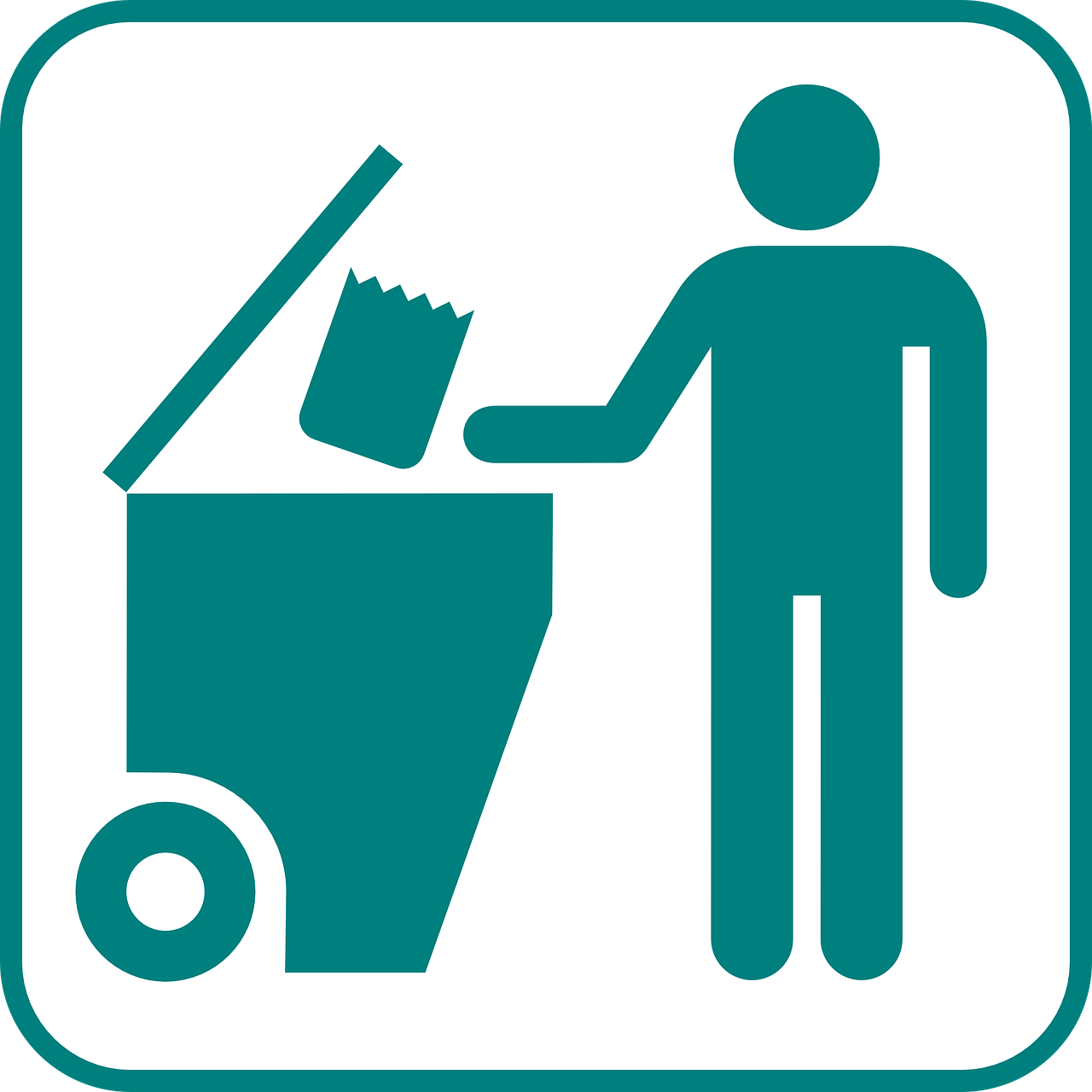How Not To Waste a Retirement.

“The retirement age is coming down from 70, to 65, to 60 and may, in the course of the next 25 years, go below that.
But the dream come true is a nightmare.
For retirement, conceived as a protracted vacation, is a form of prolonged suicide. It marks the first formal stage on the road to oblivion.
Consider the loss to society and deprivation of the individual involved when a man in the real prime of life, the mental, moral, and spiritual prime, is turned out to pasture at the decree of the calendar – someone who has the most creative and most socially useful part of his labor still in him.
Here is greatness wasted on the putting greens of Long Beach or the green benches of St. Petersburg.
What is the solution, or is there a solution?
Just – work. Work, not to insure your retirement, but to prevent it! You will benefit greatly from any kind of work which is a challenge to that part of you which continues growing.
It is finally time to distill wisdom from experience and to give of that wisdom.”
Darn! I wish I’d come up with that last line.
The statement belongs to the late Dr. Mortimer Adler, renowned educator and author. Dr. Adler had been invited onboard the ocean-liner Queen Mary to a luxurious meeting facility filled with the creme-de-la-creme of insurance executives who were gathered for a Million Dollar Roundtable of the National Association of Life Underwriters. Dr. Adler was asked to speak to this illustrious group “to aid in their continuing search for self-development.”
The year was 1962, almost 6 decades ago. Adler turned the tables on the expectations of this group by likening the American retirement dream to digging a premature grave.
I found this story in the excellent book by Mark S. Walton entitled “Boundless Potential: Transform Your Brain, Unleash Your Talents, Reinvent Your Work in Midlife and Beyond.”
Adler’s assertion rings true today. Walton continues Adler’s message: “Find a way to work for the sake of others and you will step up” Adler asserted, “from a lower to a higher grade of life.”
Our pre-occupation with retirement has turned “work” into another unattractive four-letter word for many. For nearly a century now we have re-categorized work into something we tolerate for 35-45 years with the goal to get away from it so we can hopefully do what we really wanted to do 45 years before. That is assuming we knew back then.
But research tells us that we abandon work at our own peril.
A study of 83,000 Americans 65 and older published in Preventing Chronic Disease, a publication of the U.S. Centers for Disease Control and Prevention found that being unemployed or retired was associated with the greatest risk of poor health.
Jay Olshansky, a professor at the Chicago’s School of Public Health agrees with the article, saying: “We know that remaining in the labor force is good for us. Not working can lead to overall poorer health.”
Making it the best of four-letter words
In his 1989 best-selling business book “The Age of Unreason”, Charles Handy offered some prescient advice about work and its role in our evolving society. He points out that 50-60 years ago (from 1989) people signed on for work expecting to work 100,000 hours. His formula: 47 hrs/week x 47 weeks/year x 47 years (age 18-65). But now that number is closer to 50,000 hours (37 x 37 x 37) as technology enables companies to do more with fewer bits of our time, as we enter the job force later (avg: 22-24), and with a trend of people retiring earlier.
If we factor in a longevity bonus of 15-30 years that is now becoming more of a reality, I don’t think I’m too far off Handy’s mark by suggesting that we not only risk our health and longevity when we stop working, but we are also robbing society of 50,000 hours of productivity, creativity, and contribution back to mankind.
In Handy’s words:
“Those unused 50,000 hours can be our opportunity to discover the missing bits of ourselves, to explore new talents, to add variety to ordinary weeks, to meet new people, and to learn new skills. Those unused hours can add up to a huge new resource for society rather than a pile of unwanted people if we start thinking positively, if we find a way to pay for it, and if, first of all, we start redefining “work” so that it no longer means only a job. It is not the devil who finds work for idle hands to do, it is our own human instincts which make us want to contribute to our world, to be useful, and to matter in some way to other people; to have a reason to get up in the morning.”
Some thirty years ago, Handy put a dagger into the heart of the prevailing concept of retirement with his appeal to his readers to consider work the purpose of life. He lists “the three P’s at the heart of life – purpose, pattern, people”. Work provides all three.
Yet, still today, so many can’t wait to abandon work to pursue – – – what? The “what” becomes the rub. For 2 out of 3 retirees, the “what” tends to be shallow and short-term. Garage cleaned and re-organized, golf lessons scheduled, checking off the travel bucket list, alarm clock disabled, pigging out on deferred Netflix series, self-indulgence to the max. One or two years in, those irritating questions surface: “Is this all there is?” “How am I relevant?” “Why am I feeling bored?” “Can I get my old identity back?”
The AgeWave organization confirmed, in their survey of 50,000 retired Baby Boomers that despite 80-90% of pre-retirees being confident they would realize their retirement dreams and goals, only 40% of retirees achieved those happiness and retirement dreams. Vitality, energy, and still-fresh skills are atrophied and productive years wasted.
Active Wisdom
I wrote about the concept of “active wisdom” last year in this article about purpose. It’s a term coined by anthropologist, activist, and writer Mary Catherine Bateson. She calls it a “new stage” where “wisdom is reaped from years of experience and living.” She calls it the “most acceptable and positive trait associated with longevity.”
Purpose brings the “why”. Active wisdom brings the “what.”
If you’re past 40 and can fog a mirror, you’ve got “active wisdom.” Our culture needs it spread around, although it doesn’t give a rip about encouraging you to spread it. It’s more inclined to think of you as a drag on society and prefer that you shuffle off to a warehouse, out of sight, out of the way, out of mind.
Adler had it right:
“It is finally time to distill wisdom from experience and to give of that wisdom. Find a way to work for the sake of others and you will step up from a lower to a higher grade of life.”
Let’s empty the warehouses!!
Love to hear from you with your thoughts on all this. Leave us a comment below or drop an email to gary@makeagingwork.com with your feedback. I’m doing these articles weekly, so if you aren’t on our mailing list and would like to receive future articles, join our email list at www.makeagingwork.com.





From clients in their 80’s and 90’s, purpose in life is the key difference between being healthy or sickly. They are always learning something new and always have a goal for tomorrow.
Thank you for this post! This is a timely reminder and reinforcement since I “retired” in late 2019.
I was ready to stop working but worried that I would turn into a 500-pound couch potato. There was also the worry that I would miss the routine and social interaction, but really concerned about the loss of purpose. This could have a negative impact on my relationships with my wife and family.
I was determined not to let this happen. I didn’t want to turn into a grump old white guy! I then listed activities I wanted to do – keep physically active – walking, cycling, take up birding again, volunteer, and perhaps a part-time job. I wanted a portfolio “retirement”. So far so good at 72. I walk every day (4 miles), cycling, now that the weather has turned, a Red Cross volunteer and now a “part-time” starting May 10 as a Town Councilman for a 4-year term! also started writing a blog as well. And yes, we want to travel again now that perhaps COVID is moving on for now!
Thanks again for this post and your blog. It’s very relevant!
Very interesting info!Perfect just what I was looking for!
Hi makeagingwork.com admin, Excellent work!
Hello makeagingwork.com admin, Your posts are always well-supported by facts and figures.
Hello makeagingwork.com webmaster, Nice post!
Thank you for helping out, good information. “Our individual lives cannot, generally, be works of art unless the social order is also.” by Charles Horton Cooley.
Hello makeagingwork.com webmaster, Thanks for the well-researched and well-written post!
Dear makeagingwork.com administrator, You always provide useful information.
Dear makeagingwork.com owner, Your posts are always well-delivered and engaging.